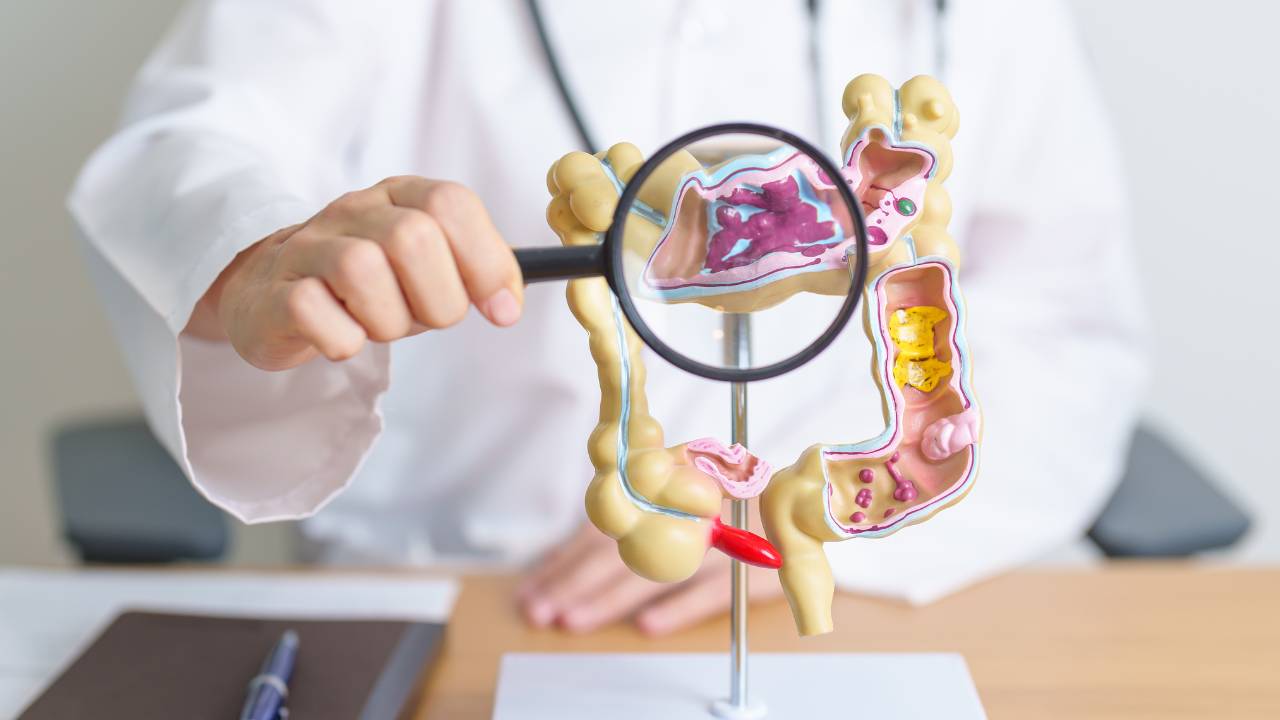Under 50? Don’t Ignore These Colorectal Cancer Warning Signs
Jun 18, 2025
Introduction
I’ve worked with many adults – especially those under 50 – who’ve dismissed persistent tummy troubles as stress, irritable-bowel syndrome or haemorrhoids. Yet colorectal cancer in younger people is on the rise. In this post I’ll explain what early-onset colorectal cancer is, why it’s happening more often, what to look out for and how you (or someone you know) can act fast to get checked.
What Is Early-Onset Colorectal Cancer?
Colorectal cancer usually affects people over 50. But “early onset” means a diagnosis in someone younger than 50. Recent studies show a growing number of cases in people aged 20 to 49. Despite this, many younger patients aren’t diagnosed until later stages, partly because doctors (and patients) don’t always suspect cancer in their 30s or 40s.
Why the Rise?
Several factors may explain the increase in under-50 diagnoses:
-
Genetic susceptibility – Conditions such as Lynch syndrome, or a cluster of genes that raise cancer risk, can start cancers earlier.
-
Lifestyle influences – Diets high in processed meat, sugar-sweetened drinks and low in fibre; sedentary habits; obesity; and diabetes all play a part.
-
Microbiome and medications – Antibiotic use and changes in gut bacteria might influence cancer risk.
Although genetics are fixed, many lifestyle factors can be adjusted. Knowing your family history and making healthy choices can help lower your personal risk.
Spotting the Warning Signs
Symptoms of colorectal cancer in younger adults often mimic benign conditions. Key red flags include:
-
Rectal bleeding – Blood on the toilet paper or in the toilet bowl (never just assume it’s haemorrhoids).
-
Persistent change in bowel habit – Diarrhoea, constipation or narrowing stools lasting more than six weeks.
-
Abdominal pain or cramps – Especially if unexplained by diet or lifestyle.
-
Unexplained weight loss – Dropping weight without trying can signal deeper issues.
-
Tenesmus – A constant feeling of needing to go, even after passing stool.
-
Fatigue or anaemia – Chronic blood loss can lead to low iron and tiredness.
If you experience these symptoms, get them checked (see “What to do next”).
How Is It Diagnosed?
Early detection makes all the difference. Here’s what typically happens:
-
Clinical assessment
-
Your GP will take a thorough history (symptoms, family history, lifestyle).
-
A physical exam – including a digital rectal examination – checks for masses in your lower rectum.
-
-
Faecal immunochemical test (FIT)
-
A simple home kit checks for hidden blood in your stool.
-
In the UK, a level above 10 µg Hb/g faeces usually triggers an urgent referral.
-
-
Urgent referral
-
NICE guidelines recommend that anyone under 60 with rectal bleeding, or any age with a positive FIT, be seen by a specialist within two weeks.
-
-
Specialist investigations
-
Colonoscopy – A camera scans your entire large intestine.
-
Biopsy – Small tissue samples confirm if any suspicious areas are cancerous.
-
Why Early Detection Matters
Younger patients often delay seeking help, assuming they’re “too young” for cancer. Data show that early-stage colorectal cancer has a five-year survival rate of over 90 per cent – compared with around 14 per cent for advanced cases spread beyond the colon. Fast action gives you the best chance of a simple treatment and a full recovery.
What You Can Do (and What I Recommend)
-
Know your family history – If close relatives had colorectal or other cancers (endometrial, ovarian, stomach), mention this to your GP.
-
Watch for symptoms – Don’t ignore persistent changes in your bowel, fatigue or unexplained weight loss.
-
Use a FIT kit – Easy to do at home, and it could save your life.
-
Seek a second opinion – If you’re still worried after initial tests, push for further investigation.
-
Adopt healthy habits – High-fibre diet, regular exercise, limit processed foods and sugar-sweetened drinks, and maintain a healthy weight.
My Services: Learning, Speaking and Consulting
I run online courses that help professionals understand early-onset colorectal cancer. I’m also available for speaking engagements, tailored workshops and consultancy projects – whether you’re in healthcare, education or patient-advocacy. If you’re organising an event or need expert input on raising awareness, get in touch via my website.
Conclusion
Early-onset colorectal cancer is becoming more common, but awareness and rapid action can dramatically improve outcomes. If you’re under 50 and notice any warning signs, trust your instincts and talk to your GP. Together, we can change the story on younger-onset bowel cancer.
Got an idea, project, or opportunity you'd like to explore together? Whether it's collaboration, consultancy, or tailored training, I’d love to hear from you.
Stay connected with news, offers and updates!
Join my mailing list to be the first to receive the latest news, updates and offers.
Don't worry, your information will not be shared.
We hate SPAM. We will never sell your information, for any reason.

